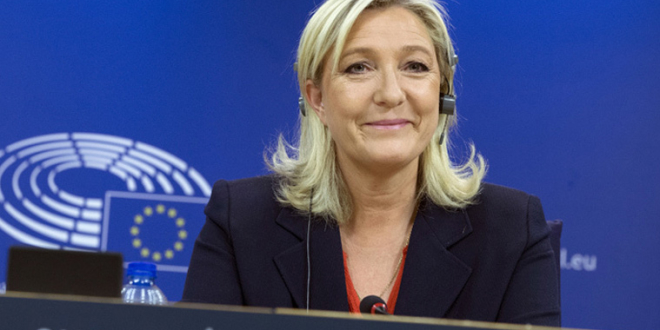Ever since she took over leadership of France’s far-right National Front (FN) in 2011, Marine Le Pen’s focus has been on making the party more acceptable to the average French voter, with an eye on the presidential election of 2017. In the aftermath of the November 13 Paris attacks, and in an environment of rising unemployment, falling wages and an insurrectionary public mood, this month’s regional elections were seen as the FN’s best chance to present itself as a party of governance. A week ago, the FN seemed to have arrived, emerging as France’s first party in the first round of voting, winning six of the 13 regions, with both Le Pen and her niece Marion Marechal-Le Pen finishing at the top in their constituencies.
A week later, the FN’s progress is back on hold. The party has failed to win a single region in the second round; both Le Pen and her niece have lost. The writing on the FN wall is unambiguous: There’s a ceiling to its rise. The left and centre-right can still block Le Pen’s path to power. And anti-FN Socialist and Republican voters, on any given day, continue to heavily outnumber its supporters. They will turn out to vote even for the other party, just to keep the FN out.
Yet, punctuating that collective sigh of relief is the fact that neither President François Hollande nor former president Nicolas Sarkozy can rejoice. The Socialist vote has plummeted by 16 percentage points; the Republicans came nowhere close to sweeping. Instead, the defeat may consolidate Le Pen’s appeal, enabling her to argue before a disgruntled electorate, once more, that French politics hasn’t changed. That disgruntlement is a measure of the gap the two mainstream parties have to close before 2017.
![]()
Source: New feed








